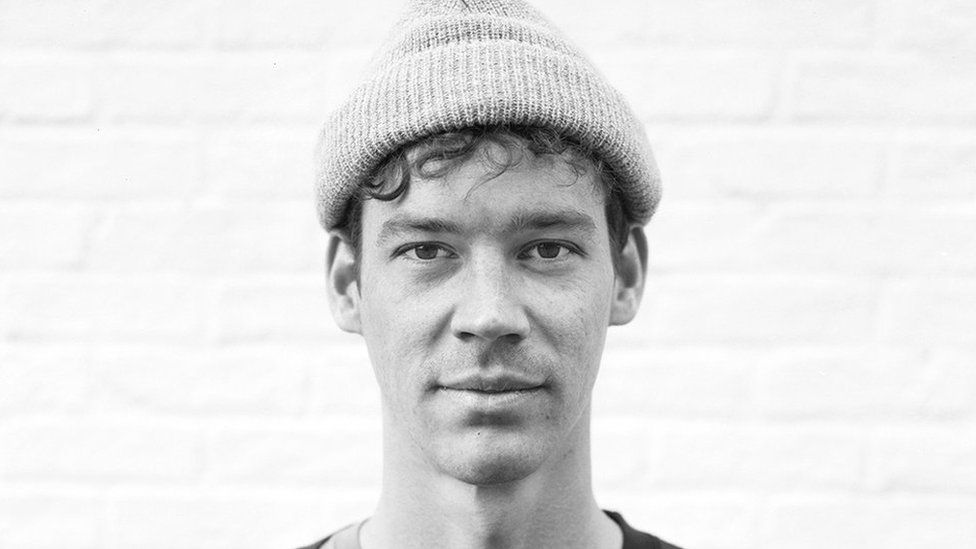
Skating and Talking - Liam Martin Interview
Hot off the release of the Ben Raemers documentary, 'Skating and Talking', we chatted with Liam Martin, the film's director, about how he got involved with making the documentary and his own experiences with mental health as a skateboarder.

Photo: Liam and friends at the House of Vans premiere of the 'Skating and Talking' documentary.
First things first, do you wanna tell us a bit about yourself and what you do for a living?
I work in video production, mostly online and branded content, but I've done the occasional bit of broadcast. I do all sorts, from small scale local jobs that I might shoot and edit completely alone, right up to some quite fancy sounding commercial jobs (that are usually not fancy at all, long hours and a complete shambles). I spent years working in shops, call centres and temp office jobs after finishing uni, and meanwhile taught myself how to edit video so that I could make a stupid documentary about me and two mates riding mopeds to Greece, which we did, it took ages. Later on I was on the dole and somehow managed to score a couple of freelance editing jobs and it has just grown organically over about ten years. I have no formal training but it has worked out pretty well, it's a weird old world.
Whereabouts are you from originally?
I grew up in Kingston and skating all over London really, but I went to Oxford Brookes uni and ended up staying in Oxford for years. I had a lot of mates there and stuff had got quite weird at home so I never went back, I just kept renting rooms from criminally shit landlords. Then I lived in Cornwall for a couple of years before coming to Cardiff. All my relatives are Scottish as well so I don't really know where I'm from, ha.
So I’ve definitely seen you skating at Spit Wednesdays a couple of times, when and why did you come to Cardiff?
Me and my partner have been in Cardiff for about five years now. She was living here when we first met, and was later offered a phd at Cardiff uni. I was ready for another change I suppose and I'd been here before and liked it so it seemed like a good place to settle for the foreseeable. The skate scene in Cardiff is up there with the best if you ask me. Skating here with the crew of 'mature' gents like Jim, Guto, Christian, et al. has got me right back into it, and they're not part timers either, they're at it every week, it's been so rad. I just wish I'd skated Bute Square before those blocks (and my legs) got so knackered.
How long have you been skating for?
Not 100% sure but I think 24 years! 😬
What's your connection to Ben?
I grew up skating with Rob Mathieson (who features in the film) and we stayed in touch sporadically over the years. He's an illustrator and did a lot of board graphics for Enjoi, so knows all those guys really well. When Ben moved to London from the US they hung out a lot and were close. It's important to mention that I didn't actually know Ben, but I'd always been a fan of his slightly offbeat personality and the weird one liners he'd come out with. I guess I identified with him in some way but can't quite put my finger on why. I always felt that there was more than meets the eye with him, which I've heard quite a few other people say as well. It felt really shocking and terribly sad to hear what had happened.
Yeah, I think a lot of people felt the same way about Ben. How did you get involved in making the documentary?
I contacted Rob to send my condolences, but also to ask if anyone would want to talk about it on camera with no commitments, no promises, just to see if anyone would want to explore it with the knowledge that they could ask me to stop whenever they liked. He put me in touch with Ben's sister, Lucy, and she immediately wanted to talk.
I think with suicide it's so hard to get below the surface because it's such a difficult and scary thing to discuss, despite being so tragically common. Statistically, it's the most common cause of death for men under 45 in the UK, more than road accidents, disease, anything. That's an insane fact, and yet I think we still don’t have the vocabulary to talk about it. My cousin took his own life when I was about 13, and nobody ever talked about it, I wasn't even told at the time, I found out later by accident and it haunts me to this day. With Lucy it was so far from that, I think her way of dealing with it was to be completely open about it, which was shocking to hear at times but also really refreshing just how frank she was with me from the word go. It felt quite powerful and emotional to see people grieving quite openly, and I could see a real desire from those close to Ben to try and make change. Being a pro skater seems like the ultimate job: skating every day, partying, not having to get a 'real' job, all that stuff I dreamt about as a teenager. We know that just isn't true, skateboarders have complicated and nuanced lives like anyone else and some come up against problems.
Can you tell us about the process of making the documentary?
I started shooting at Go Skate Day in 2019 as Rob had done that amazing mural of Ben's silhouette at Victoria Park in London, and they were holding a jam there. I met Lucy and it was all very raw being so recent, she was still in shock I think but wanted to talk, so I shot a couple of interviews. It was terrifying to be honest. I was so afraid of saying the wrong thing or upsetting someone, but I got on with Lucy immediately and that kind of drove the whole thing forward. I filmed more as The Ben Raemers Foundation was formed, and found myself hopping on the national express whenever I could to try and capture stuff. The whole time though I had it in the back of my mind that if ever they thought what I was doing was inappropriate, they could tell me and I would back off. Covid was a massive hurdle and it was difficult to figure out how to keep it going, but then eventually Vice got involved.
Obviously VICE isn’t a skateboard-dedicated platform - although they have written and made videos about the subculture over the years - what made you choose to go with VICE for the documentary?
I'd made a list of potential people to pitch it to including Vice, Thrasher, Jenkem, Vague and even The Guardian docs. A couple of the films that inspired me went out on Vice, like the one about Paul Alexander, and the film Giovanni Reda made about Brian Anderson's experiences as a gay pro skater. Of course I wanted the film to get seen by skaters, but also people who've never skated but might be affected by the issues in the film. I hadn't approached anyone since covid threw a spanner in the works, and then Tim Crawley, who made the film about Paul Alexander, contacted Lucy asking about doing a similar film for Vice. Lucy put him in contact with me and after we'd chatted it all through he decided to put me in contact with a producer at Vice instead which was really helpful. I showed them a teaser, and then a rough cut and they were really keen. I was worried about giving up control so was being quite cagey at first (I think I was a bit of a pain in the arse), but actually Vice turned out to be really understanding and supportive of what I was trying to do. They had a little bit of budget for my time to get the film into a rough shape that I was happy with, which helped massively as I could finally set some time aside where I could do that instead of worrying about work. Then they put me in touch with Josh, one of their editors, who is a skater himself and has industry contacts. It was a bit of serendipity I guess that Josh had actually known Ben, and got what I was trying to do straight away so it became really collaborative and he deserves huge props for the work he put in.
Was there anything, in particular, that you hoped to convey through the documentary?
I guess I wanted to show how much can be going on in someone's life, regardless of how it might seem on the surface. It can be a storm of feelings, emotions, trauma, circumstances, personal life, professional life, everything really, and there are no simple answers. I tried to avoid pointing the finger, or suggesting that these issues are exclusive to the skate industry, because they're not. I think both skateboarding and wider society could do with a deeper understanding of how much can be going on under the surface and learn to listen to each other without judgement. It’s not easy though and it feels like society is only just opening these doors.
Obviously the documentary deals with a lot of challenging issues, was there anything you found particularly difficult while making the film?
Yeah I was pretty terrified at times. People telling me very personal things on camera demands a lot of responsibility, and as a filmmaker you are the one with all the power and you can't forget that. I lost a lot of sleep worrying about whether I was doing things right. It was Lucy's openness and engagement that got me through that because she was so keen and we were in regular contact.
Without wanting to be intrusive, are these issues you’ve experienced yourself at all throughout your life?
It wouldn't exactly be in the spirit of things to hold back, so yes I have had issues with anxiety and panic attacks on and off, and what professionals seem to enjoy calling 'general low mood'. I am grateful that I have not been on the more extreme end of things, but weirdly I think I can see how things can spiral if they are left unchecked. It's such a cliche now, but I try and do regular mindfulness meditation which helps most of the time. There are peaks and troughs and no simple solutions, everyone is a bit different and I think just acknowledging that it's a management exercise is a really important step.
What’s been your experience of dealing with mental health issues as a skateboarder?
Especially now, it’s really beneficial to my mental health. What people sometimes call 'flow' can be a great reliever of anxious over thinking, and on a good day skating you can get in that zone. You're skating with some mates, challenging yourself, risking your shins and everyone gets hyped when you land something that they know is a success for you. Skateboarding can be frustrating as fuck at times, and I remember feeling a bit more pressure when I was younger to be better at skating, but overall I think it can be an amazing thing for wellbeing, despite being really bad for your knees. That's just me though.
Was there anything you didn’t want to discuss or include?
A lot. That's part of that responsibility as a filmmaker, you have to make a lot of calls on what is appropriate, how a tiny edit might change how something comes across. I listened to concerns people had and tried to do things sensitively.
When discussing Ben’s struggles with alcoholism in the film, were you ever worried about trying to convey this message to skateboarders who, more than likely, enjoy a drink themselves?
I definitely enjoy a drink, and I hope the film doesn't come across as condemning alcohol in and of itself. I just think it's important to be honest that alcohol wasn't helping Ben's mental state, and that maybe we all need to be more mindful of how we look out for people that could be hiding how they are really feeling. We know that a fair number of skaters have had problems with drugs and alcohol, but there are no simple explanations, and I wanted to at least let people see the reality of what was going on for Ben. The ‘skate or die’ macho exterior of skating is changing rapidly though, and people and companies genuinely seem to be trying to take a bit more care and look out for each other. For what it's worth, I think everyone should regularly check in with themselves about their relationship with any substance, legal or not. Are you enjoying it? Have you stopped enjoying it but you're carrying on anyway? Has it become a crutch, or a way to numb your feelings? Do you do it to escape? It's important to acknowledge that it can get out of control and that everyone is different. Go easy on yourself and be forgiving. For some people it might be worth telling someone if you feel you're no longer in control.
In your film Lochgoilhead Forever, you explore your relationship with your father through the lens of an autobiographical documentary. Did Ben’s passing and your involvement in making the documentary about him play a role in inspiring you to make the film exploring your own issues?
It's all part of the same process I guess, I'm definitely an analyser. A lot of people have it much harder than I did growing up, but I have to be honest about the things in my life that affected me, and I used to blame my dad for a lot of stuff. It's been really helpful for me to do creative projects that touch on these issues and try and accept things for what they are, work on my own stuff without blaming anyone, and learn to let go of the past a bit. Everyone has shit going on, even your folks.
Have you had any responses from people since the video’s been released?
I can't say how pleased I am that the film is speaking to people. I couldn't look at YouTube initially for fear of mad nasty trolls, but my partner told me how many people are discussing their own experiences in the comments and looking now it's quite emotional to see. I've had some personal messages from old friends as well which has been lovely. Most of all though, I'm so pleased that people close to Ben believe in the film, that has been the most important response by far.
What’s next for you now that the film's finished?
I've got ideas bubbling for future projects, so doing some development on those. Should see if I can re-learn varial heels in the meantime though.
Cheers for taking the time to chat with us Liam, and good luck with those V-heels! If you haven't watched the documentary yet, be sure to give it a watch below and scroll down to check out the list of useful services you can contact if you ever feel you need help. Safe.
- Ben Raemers Foundation
- Samaritans UK and ROI Hotline: 116123
- Mind: 0300 123 3393
- Cardiff Mind: 02920 402040
- NHS Mental Health Charities Finder
- NHS Wales South Crisis Team: 02921 824930

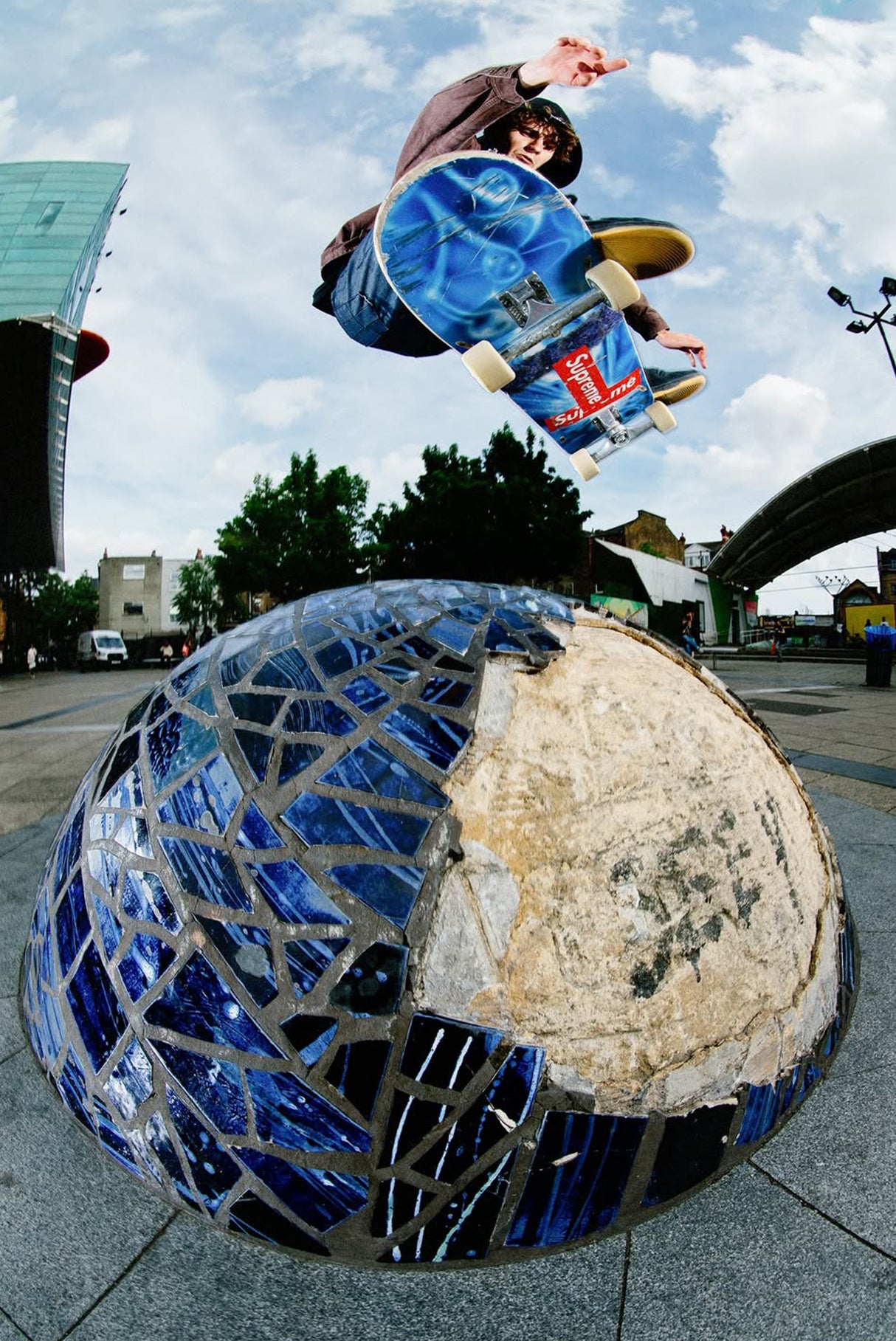
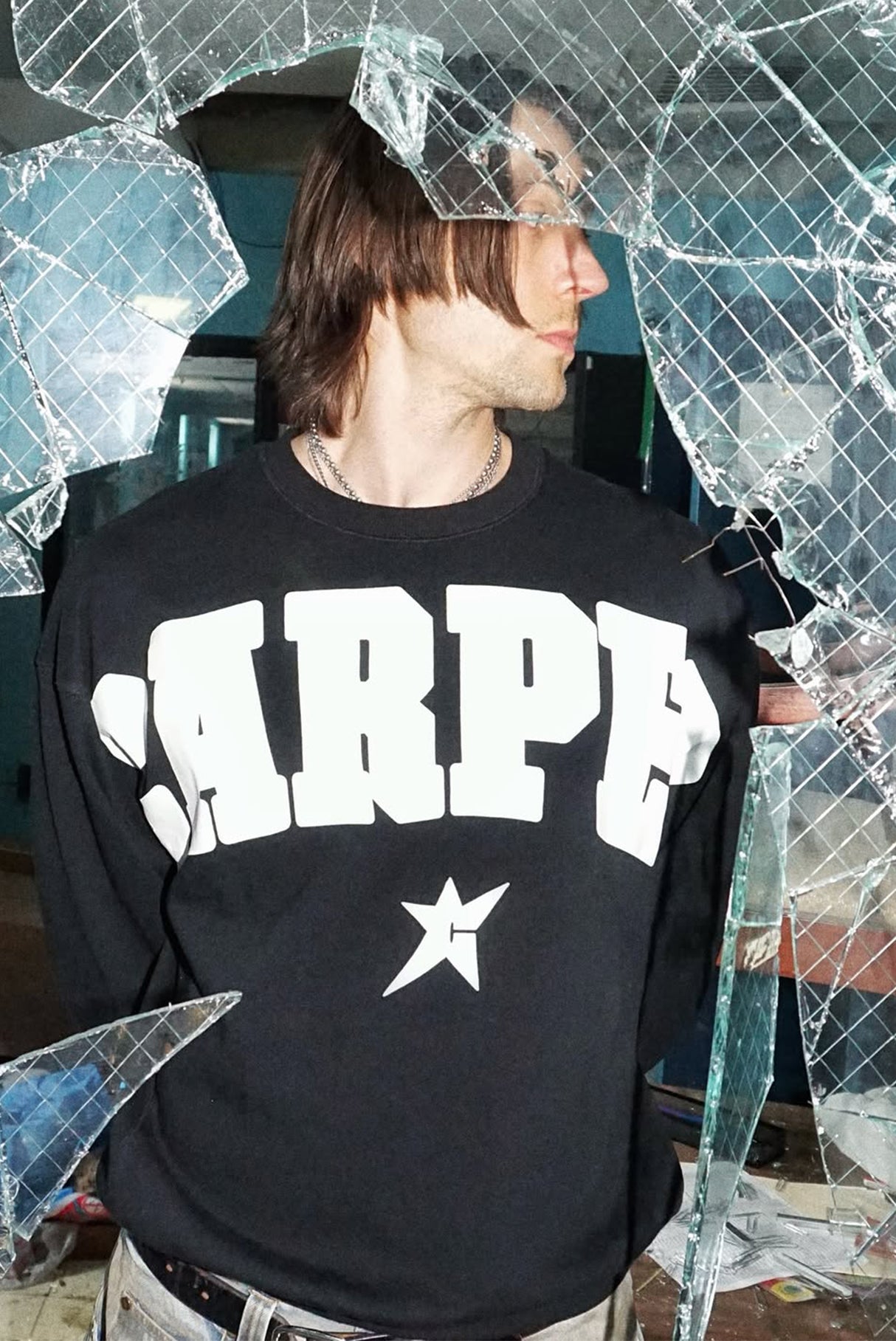
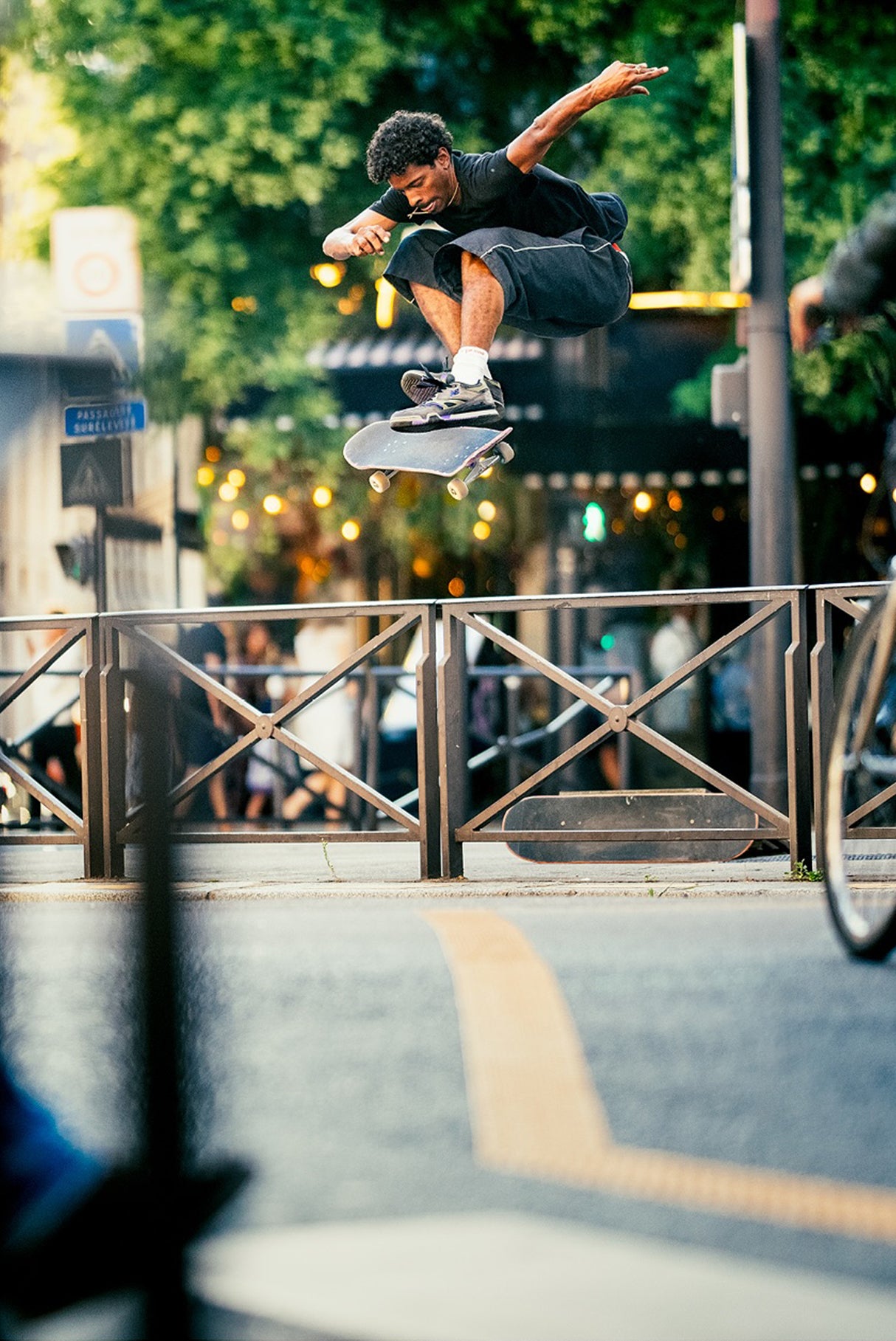
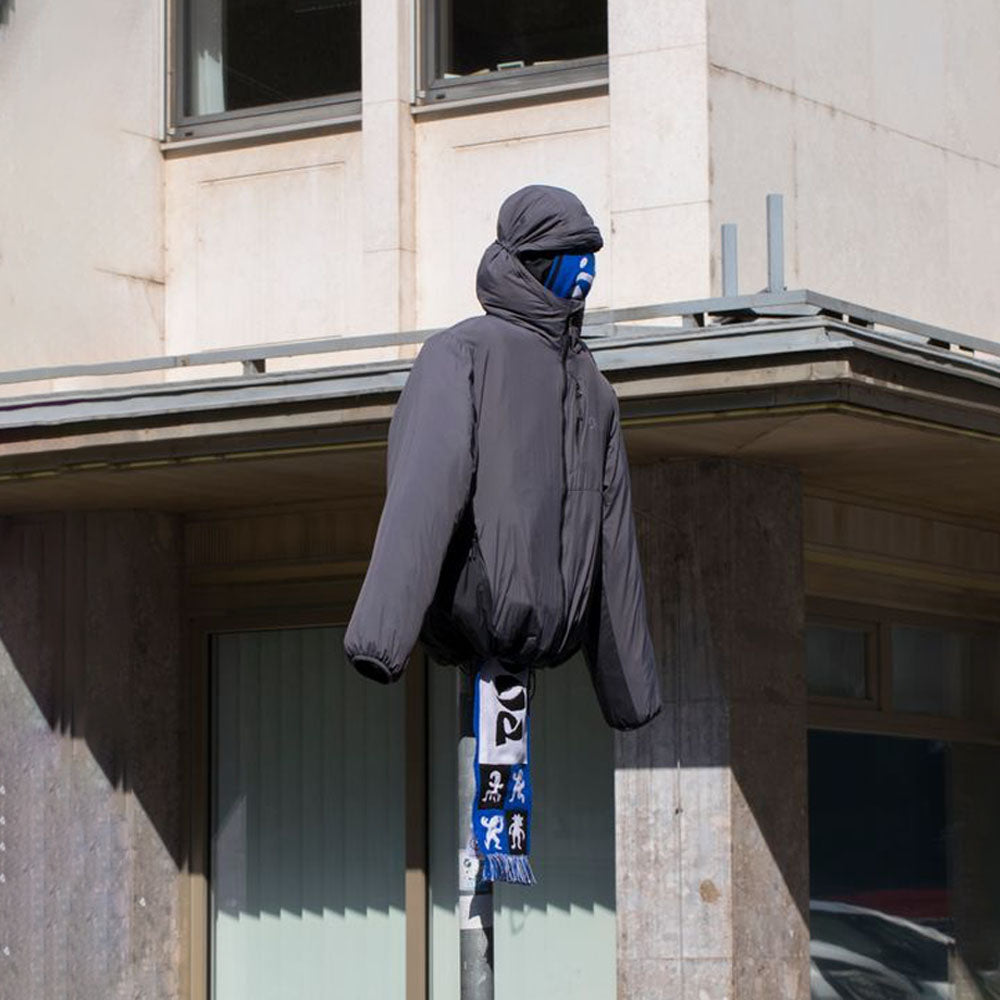
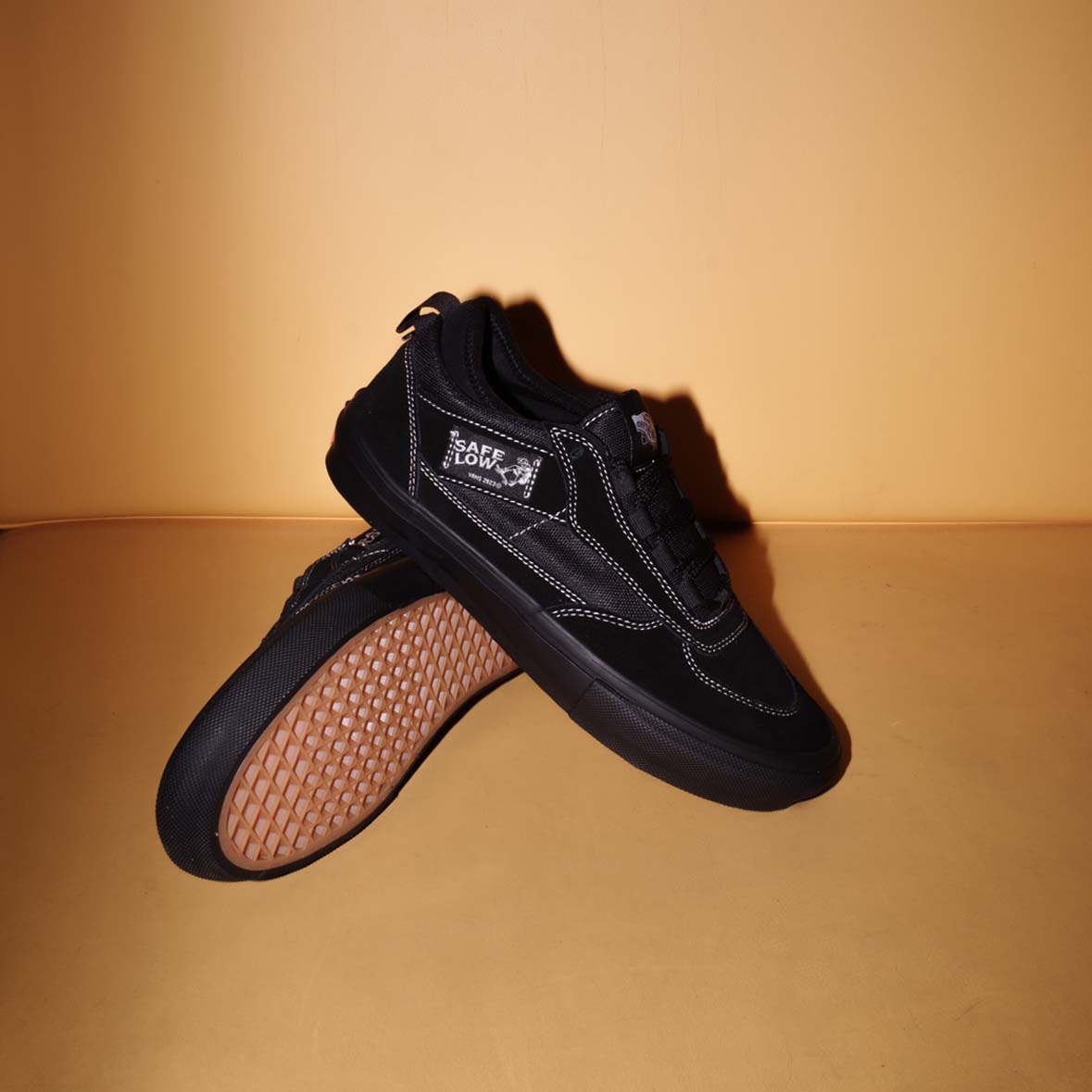





Leave a comment
This site is protected by hCaptcha and the hCaptcha Privacy Policy and Terms of Service apply.